Susan Weiss
Dr. Susan Weiss, CWJ’s founder and executive director, is a lawyer and a sociologist. She explains that she studied law to understand justice and sociology to understand injustice.
A longtime activist lawyer on behalf of women, Susan founded Yad La’Isha, a legal aid center that represents women denied a religious divorce, a get, and served as director from 1997-2004. After understanding how get refusal was just one symptom of Israel’s larger problem of religion-state entanglement, Susan founded the Center for Women’s Justice in 2004 to create and implement systemic solutions for women. The Times of Israel calls Susan a “maverick women’s rights lawyer [who] looks to change the game, not play it.”
Susan is a sought-after speaker both in Israel and internationally and has been honored with numerous awards, including the Haiti Jewish Refugee Legacy Project Tikkun Olam Award (2016), Jewel Bellush Israeli Feminist Award (2013), Israel Bar Association Women in Law Award (2009) and La’Isha magazine’s “Alternative Torch-Bearer” Award (2007). She is co-author of the book Marriage and Divorce in the Jewish State: Israel’s Civil War. Susan holds an MA and a PhD in sociology and anthropology from Tel Aviv University, and a JD from Brooklyn Law School.





















